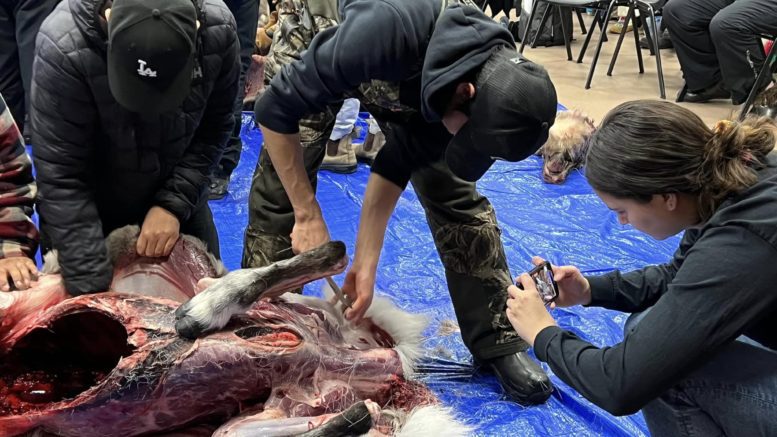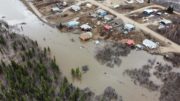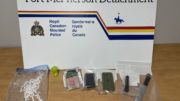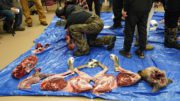As the camera rolls, Mary Snowshoe tells a story of becoming stranded in a storm when she was 18.
“I couldn’t even see, maybe, two metres away from myself,” she recalls.
But she remembered what her father taught her, and was able to make a fire and a tipi. Through the night, she heard wolves howling in the distance, sometimes one, sometimes a whole pack.
But thanks to that traditional knowledge, she was able to survive and return to the main trail.
That was many decades ago. Sadly, she admits, there aren’t many Elders of her generation in the community anymore. Luckily, she’s passing along her knowledge to the next generation.
In January, Snowshoe and other Elders from the community committed their stories to film as part of a Reel Youth multimedia project facilitated by the Western Arctic Youth Collective.
Reel Youth is a nonprofit project that aims to provide youth across the country and internationally with the skills and opportunities to create multimedia projects relevant to their communities.
During the first-ever Teetł’it Zheh (Fort McPherson) Caribou Summit in January, Reel Youth paired NWT youth with Elders from the community for several days of inter-generational learning. Those videos were released late last week.
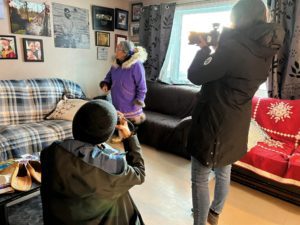
Elder Mary Snowshoe shows some old photographs. (Photo courtesy of Reel Youth)
When she first signed on to the project, Kyla LeSage was relatively new to multimedia. By the end of the week, she was using photography and videography to tell the stories of the Elders of Teetł’it Zheh. “I was really grateful to learn from the beginning what these technologies are like, and how we could use them in the community, and to gather stories and knowledge in a really cool and unique way,” she says.
LeSage spent hours with Snowshoe over the course of the week, visiting her house, looking at old photographs, and discussing the changing practice of caribou harvesting.
Even for LeSage, who works regularly with Elders in her day job with the Dechinta Centre for Research and Learning, the experience was an honour. “Being able to spend time with Elders and learn from them and learn their way of life and their stories is so important, especially for young Indigenous people who aren’t as connected to the land or the teaching,” she says.
Arlyn Charlie says he learned a lot from speaking with Elders over the course of the week. “With [Snowshoe] and the rest of the Elders that I had the privilege of listening to that week, it was [about] understanding that the Gwich’in have a relationship to the land,” he says.
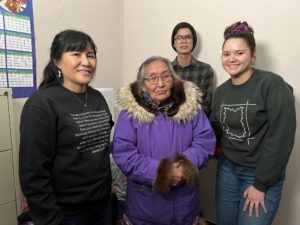
From left to right: Western Arctic Youth Collective Community Connector Bobbi-Rose Koe, Mary Snowshoe, Arlyn Charlie, Kyla LeSage. (Photo courtesy of Reel Youth)
Mark Vonesch, Reel Youth’s director, says their finished products are often widely distributed, and have even won awards at film festivals. He says the projects are valuable to those even outside the communities: “They’re also really powerful for folks that are never gonna be able to visit the North, and they provide a way for us to understand and celebrate Indigenous culture.”
That means the traditional knowledge of an Elder like Snowshoe could reach audiences across the country. For her part, Snowshoe tells CKLB she has a message for all Indigenous youth: “I really feel that the young people should be out there, learning all that we know, and we would be very happy to pass it on to the young people. So that’s my message to the young people: Try to keep our culture and language alive.”

